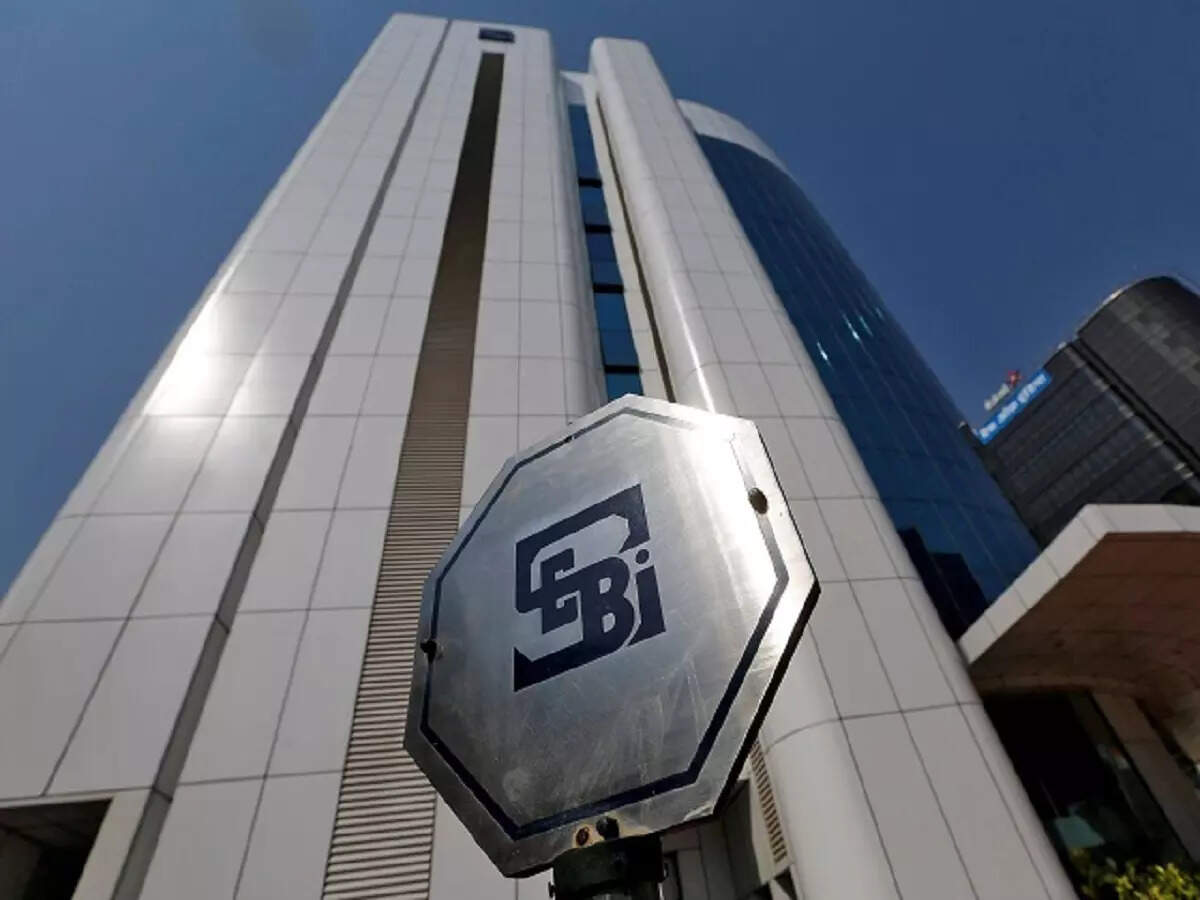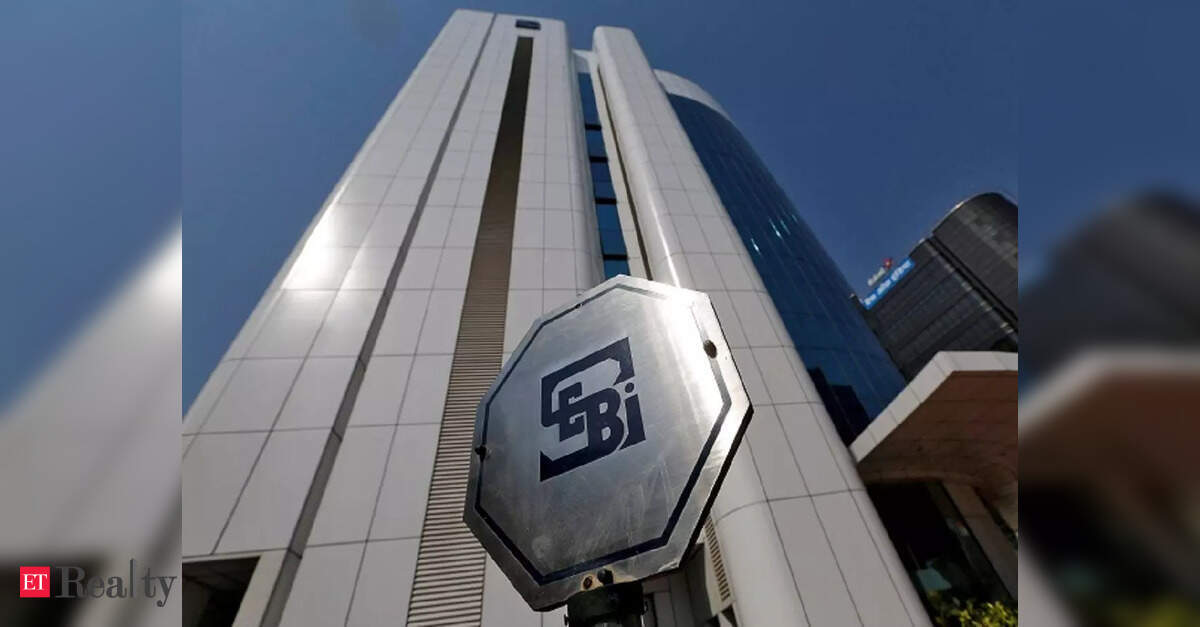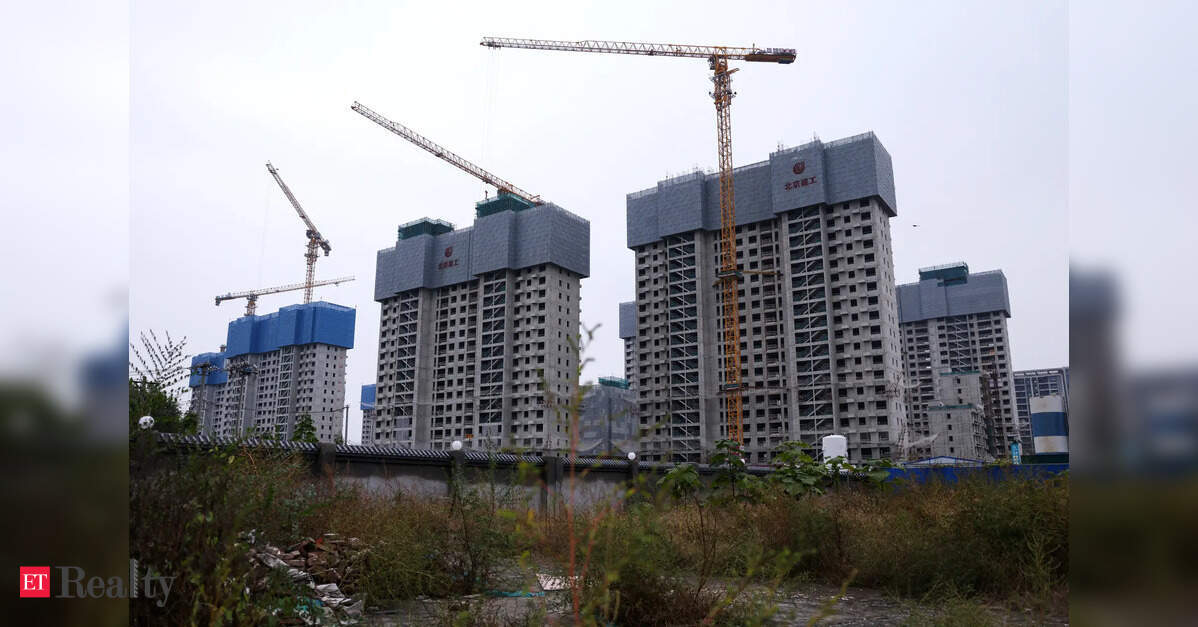
NEW DELHI: The securities regulator, Sebi, has imposed a ban on Dewan Housing Finance Ltd’s former CMD, Kapil Wadhawan, ex-director Dheeraj Wadhawan, and four others from participating in securities markets for up to five years due to financial misconduct, including fund diversion and falsifying records.
The additional individuals sanctioned by Sebi are Rakesh Wadhawan (non-executive chairman), Sarang Wadhawan (former non-executive director), Harshil Mehta (joint managing director & CEO), and Santosh Sharma (former CFO).
Sebi has also levied fines totaling Rs 120 crore on the six individuals involved.
Kapil Wadhawan and Dheeraj Wadhawan have each received a five-year ban, while Rakesh and Sarang Wadhawan are banned for four years. Harshil Mehta and Santosh Sharma face three-year prohibitions, according to the Sebi ruling. During their bans, they are barred from accessing securities markets, engaging in securities trades, or holding managerial positions in listed companies, registered intermediaries, or publicly-funded companies.
Kapil Wadhawan and Dheeraj Wadhawan have been fined Rs 27 crore each, while Rakesh Wadhawan and Sarang Wadhawan have penalties of Rs 20.75 crore apiece. Harshil Mehta is fined Rs 11.75 crore, and Santosh Sharma faces a penalty of Rs 12.75 crore.
Sebi’s thorough 181-page order detailed that since 2006, DHFL, along with its promoters, directors, and key managerial staff, engaged in a “highly fraudulent scheme” to misappropriate funds to “Bandra Book Entities” (BBEs) associated with the promoters.
As of March 31, 2019, DHFL had extended Rs 14,040.50 crore in loans to BBEs, which were closely linked to Kapil, Dheeraj, Rakesh, and Sarang.
The order highlighted that the promoters granted large unsecured loans to these entities, disregarding due diligence, and improperly categorized them as retail housing loans when they had no substantial assets or business operations.
Sebi identified a multi-step fraudulent scheme:
1. Large unsecured loans were made to BBEs without any justification of net worth, assets, or cash flows.
2. Standard loan evaluation procedures were intentionally ignored.
3. The intercorporate loans to related parties were falsely presented as retail housing loans, misleading investors and stakeholders about the company’s financial viability.
To facilitate this extensive deception, a fictitious virtual branch (‘Bandra branch’) was created, along with using previously closed retail loan accounts and three types of accounting software to disguise BBE loans as retail housing loans. In the initial years, over 30% of DHFL’s loans were attributed to these BBEs.
Despite the BBEs failing to make interest or principal repayments, DHFL reported fictitious interest income, enabling it to misrepresent favorable profits instead of losses from FY 2007-08 to FY 2015-16. These misleading financial statements distorted shareholder perceptions and manipulated DHFL’s stock price.
According to Sebi, Kapil Wadhawan and his brother Dheeraj Wadhawan were the primary architects of the fraudulent scheme, with Rakesh and Sarang Wadhawan also playing significant roles on DHFL’s board.
The investigation revealed that loans amounting to Rs 5,662.44 crore were disbursed to 39 BBEs, of which 40% was subsequently channeled to 48 other entities associated with the promoters.




